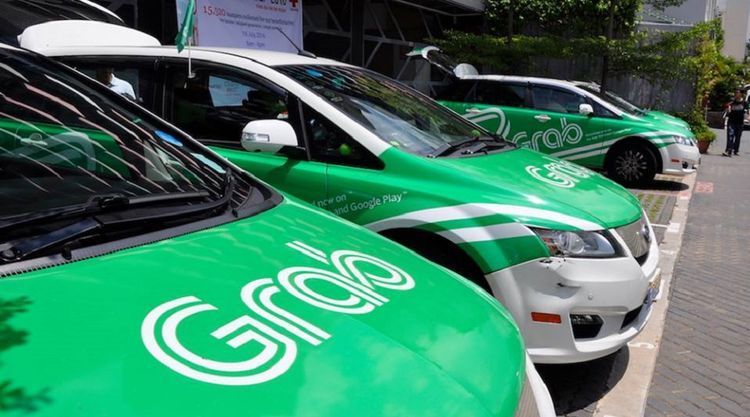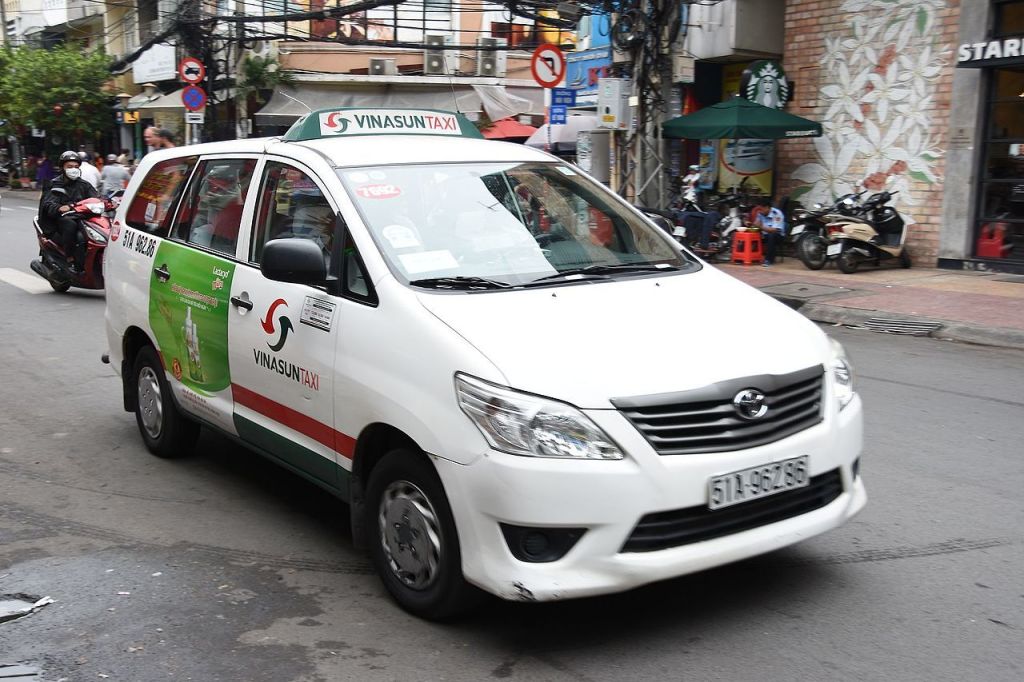How Vietnam’s ride-hailing apps are challenging Grab’s local monopoly

Back in 2018, Singapore-based startup Grab made waves by forcing its larger rival Uber out of the Southeast Asian ride-hailing market. In countries like Vietnam, where the two happened to be the major players, Uber’s decision to handover its resources to Grab and leave made the latter the de-facto monopoly in the local market.
However, the victory was short-lived. Uber’s departure left space for local startups to step up into the lucrative Vietnamese market.
While it may look like a “David vs. Goliath” matchup on paper, Vietnamese startups have several things working in their favour. Grab has faced several setbacks in Vietnam, both in the courts and at the regulatory level. These, combined with the arrival of Go-Jek, Grab’s Indonesian rival in the ASEAN market, have put the Singapore company on the backfoot.
The Vietnamese ride-hailing market is set to explode
With a population of 96 million and one of the fastest growing urban populations in the ASEAN region, Vietnam is a hot market for companies like Grab and Go-Jek. According to a recent 2018 Google-Temasek report on e-commerce in the region, the Vietnamese online economy has tripled since 2015 and is expected to hit US$33 billion by 2025.
Ride-hailing is expected to grow at a compounded annual growth rate of 26% between 2015 and 2025. And with an estimated 92% of the market-share in Vietnam, Grab looked poised to capitalise on all that growth. With services that include taxies, motorbikes, and food delivery, Grab’s green and white livery has become ubiquitous across 36 cities in Vietnam.
Go-Jek has also entered Vietnam
Valued at US$5 billion in 2018, Go-Jek is the closest thing to competition for Grab in the Southeast Asian market. Both startups have ambitious plans to persify beyond ride-hailing and food delivery into other areas like fintech all across the region.
But in terms of size, funding, and overall reach, Grab has the clear upper hand. Its valuation at US$10 billion is double that of its Indonesian rival and it has also received more than double the funding, most notably a US$1 billion investment from Toyota.

A Go-Jek driver and passenger in Jakarta. Photo courtesy Go-Jek.
To counter Grab’s stranglehold on the Vietnamese market, Go-Jek has opted for a different approach. Instead of launching its full range of services, the company formed Go-Viet in partnership with local firms and focused on the two-wheel bike hailing market.
The launch has enjoyed some success. Go-Viet gained around 35% of the two-wheel ride-share market in centres like Ho Chi Minh City (HCMC) in just three months. Though it offers food delivery and bike hailing Go-Viet is yet to foray into the four-wheel ride-share segment in Vietnam.
Small Vietnamese startups also in the running
Uber’s exit prompted the rise of several local startups in the field. These include VATO – backed by Phuong Trang transport company, and Aber – a local brand started by young Vietnamese expats in Europe. Since these startups lack the financial clout of Grab and Go-Jek, they are yet to make a significant dent in Grab’s business.
Another interesting Vietnamese startup, called FastGo, is positioning itself as the country’s answer to Grab and Go-Jek. Since its launch in June 2018, FastGo has maintained a steady growth of 10% per day, adding nearly 30,000 private vehicles and 1,000 taxis to its fleet of drivers in three months. It’s series B funding raised US$50 million, and the company is planning to expand into neighbouring countries like Myanmar and even Singapore, Grab’s backyard.
But the biggest threat to Grab in the future could come from “Be,” the latest local player in the Vietnamese ride-hailing scene. The company asserts it was able to drum up hundreds of millions of dollars in local investment. Be has another ace up its sleeve – it is registered as a transportation service, not just as a tech company. This could make all the difference.
Why transport over tech?
It all started with a court case filed by Vinasun, a Vietnamese taxi company. The case followed a pattern of cases that have played out across the globe. The taxi company was aggrieved by the rapid loss of business to upstart ride-hailing companies like Uber and Grab.

Photo Credit: Vinasun/Wikimedia Commons
In its December verdict, an HCMC court ruled against Grab, concluding that the company was in violation of local transportation regulations by operating in the market without a license.
For Grab, even more worrisome than the US$200,000 fine was the court’s recommendation that the government draft new rules to bring tech startups like Grab and Go-Viet under the ambit of existing transportation rules. As a transportation company, instead of a tech company, ride-hailing firms would have to pay a hefty 30% tax (10% VAT & 20% corporate tax). In contrast, Grab currently pays just 3% tax.
There are signs that the Vietnamese government is already drafting new rules that would encourage local taxi companies like Vinasun and Mai Linh to adopt technology while imposing strict regulations on companies like Grab. Homegrown transportation companies that are already using technology, like Be, would stand to benefit the most from such policies.
Uber was forced to withdraw from Southeast Asia thanks, in part, to Grab’s home advantage. Now in Vietnam Grab could end up becoming the outsider.
And with the Vietnamese Competition Council launching fresh antitrust investigations against Grab in 2019, things might get a lot worse for the company. At this rate, the billions of dollars in funding may not be enough to tide them over this time around, at least in Vietnam.
VNF ( ASEAN Today )
